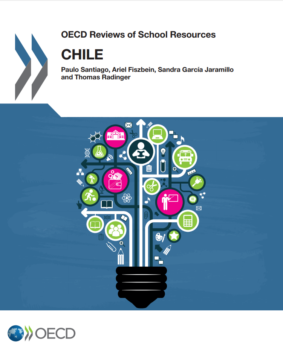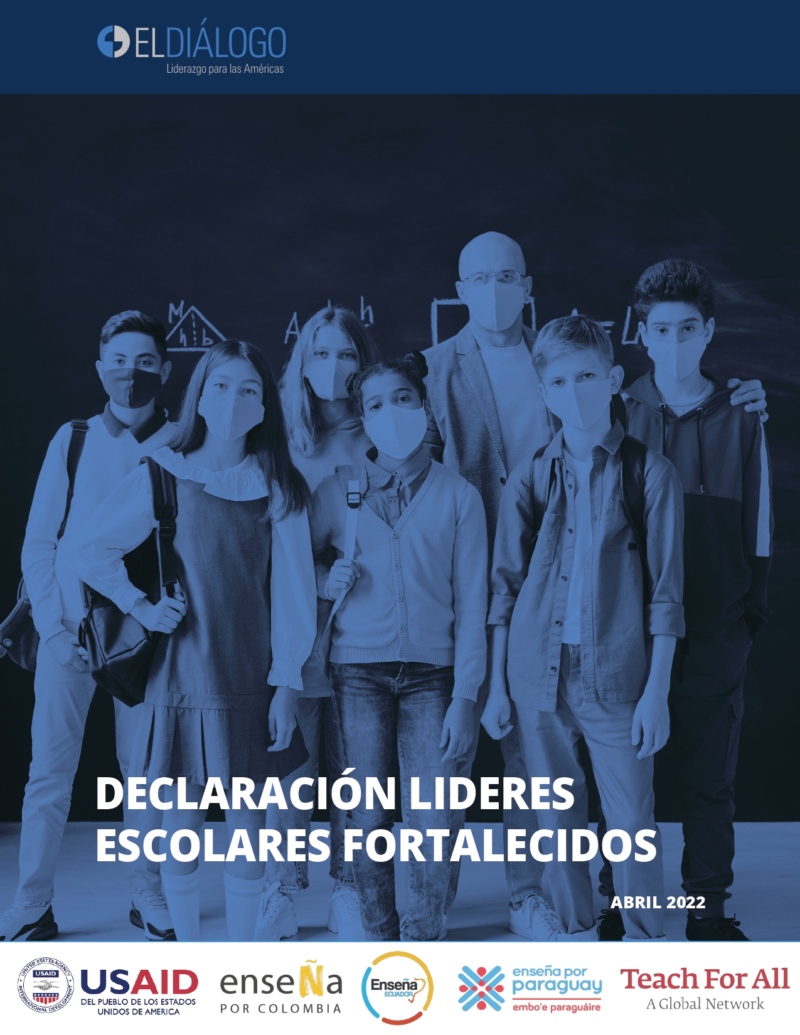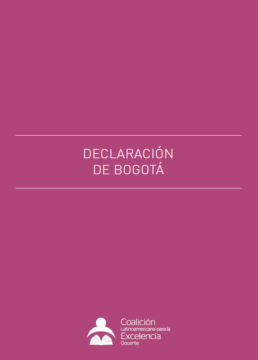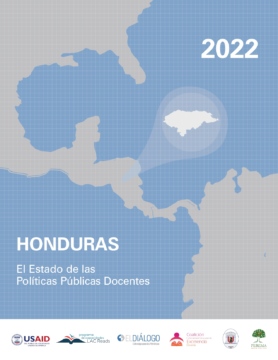
Pen, pencil, paper: School resources in Chile
How can Chile use school resources more effectively to ensure educational equity, strengthen leadership and improve teaching?
This post is also available in: Español
School leadership has taken on renewed importance in the educational debate in Latin America. Particularly during the last two years, it has been recognized as a critical factor in the development of new generations facing a world with new and greater challenges. The Covid-19 pandemic has forced many teachers to transform their pedagogy, classrooms, and classes to guarantee students' learning continuity. In turn, principals have faced new challenges, for which their roles' transformation is essential, as well as their guidance to continuously support teachers to develop their own leadership.
Organized within the framework of the Regional Program "Leadership for Change" of the US Agency for International Development (USAID), Teach For All, and Inter-American Dialogue, the Working Group "Empowered School Leaders" was launched with the goal of building consensus and codifying the leadership skills of teachers and school principals, as well as promoting a shared vision of peer leadership in the context of the pandemic.
This declaration originates from discussions held during three virtual workshops, along with the findings of a survey designed by the working group and applied to over a thousand teachers and principals across more than 18 countries. The document contains key messages and recommendations to continue strengthening the leadership of teachers and principals in the region.
How can Chile use school resources more effectively to ensure educational equity, strengthen leadership and improve teaching?
Read this declaration outlining teacher’s professional development and school leadership as key elements of any effort to raise teaching quality.
This report includes findings and recommendations to strengthen teacher policies in Honduras.
 Max Fischer / Pexels / CC0
Max Fischer / Pexels / CC0

